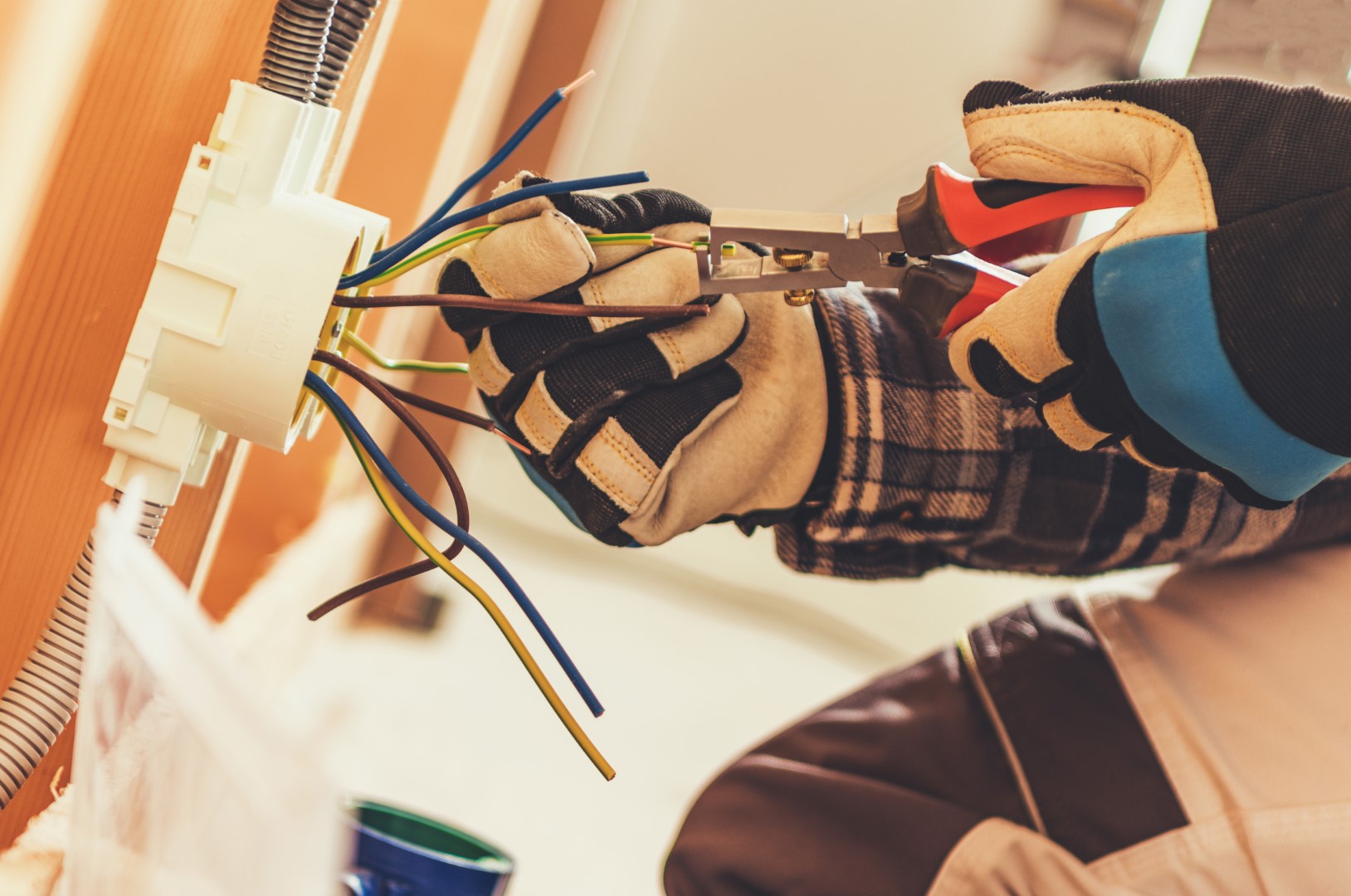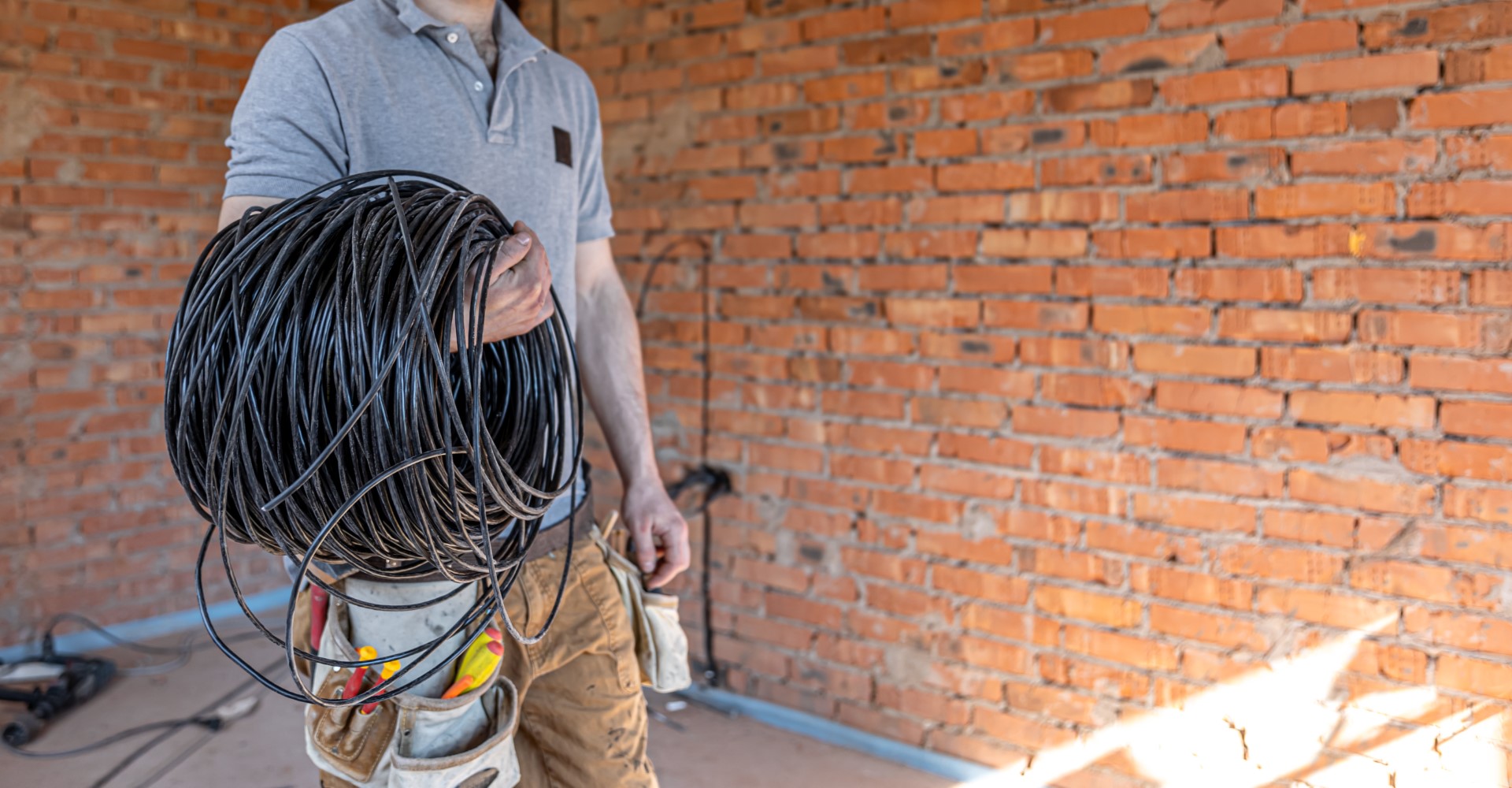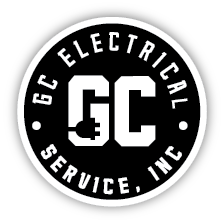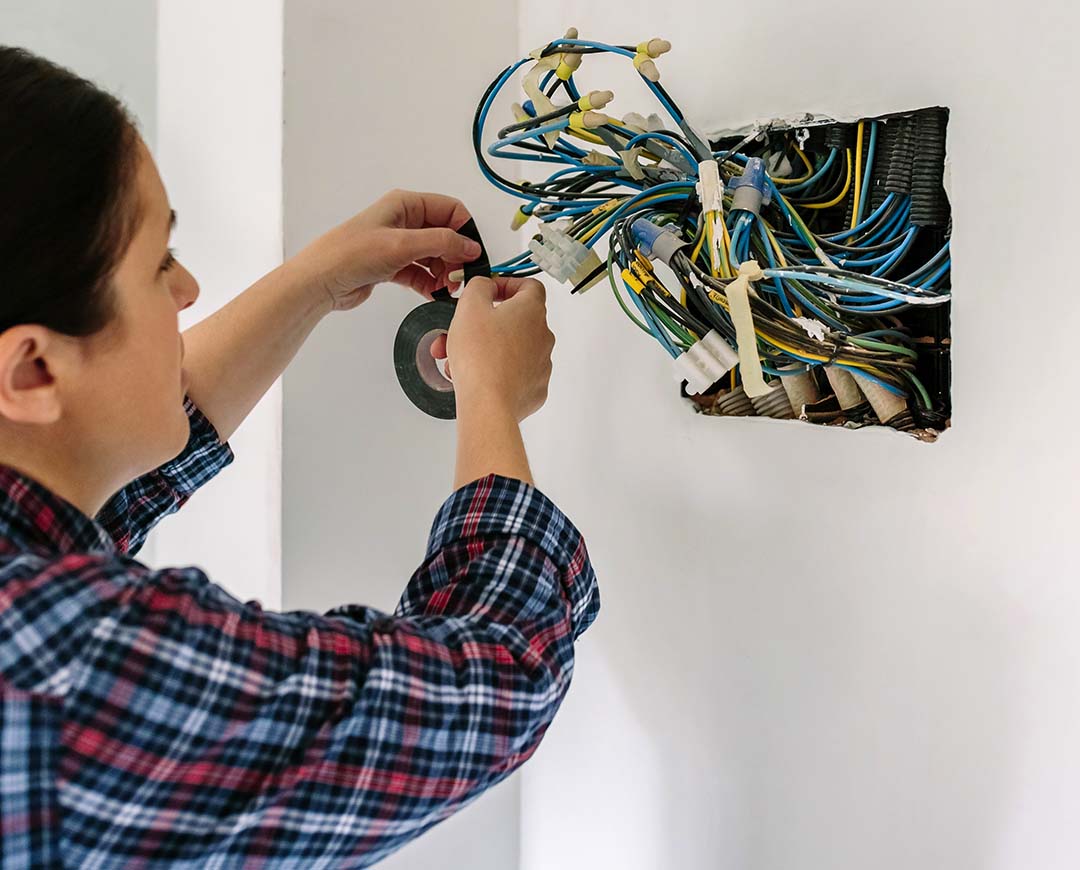Electrical wiring is the backbone of any home or commercial building, powering everything from lighting to appliances and keeping our modern lives running smoothly. However, like all things, wiring doesn't last forever. Over time, it can become outdated, damaged, or worn out, leading to various safety hazards and functional issues. Knowing the signs that your electrical wiring needs to be replaced is crucial in maintaining a safe and efficient electrical system. This blog will explore the key indicators that it's time to consider replacing your electrical wiring. Understanding these signs can help you avoid potential dangers and ensure your property remains in top condition, whether you're a homeowner, property manager, or business owner.
Frequent Circuit Breaker Trips
One of the most common signs that your electrical wiring may need to be replaced is the frequent tripping of circuit breakers. Circuit breakers protect your electrical system from overloading by shutting off power when the current exceeds safe levels. While an occasional trip is normal and indicates that the breaker is doing its job, frequent trips suggest a more serious issue. If your circuit breaker trips often, it could mean that your wiring is outdated or unable to handle the electrical load of your home or business. Outdated wiring is mostly found in older buildings, where it may not be equipped to handle the demands of modern appliances and electronics. Overloading the system can cause the wiring to overheat, leading to potential fires.
Flickering or Dimming Lights
Flickering or dimming lights are another clear sign that your electrical wiring may need attention. While a single flickering light bulb could be due to a loose connection or a faulty bulb, widespread flickering or dimming lights throughout your home or building are cause for concern. This issue often occurs when the wiring is deteriorating or an overloaded circuit. The flickering or dimming is caused by fluctuations in voltage, which can indicate that the wiring is struggling to carry the electrical load. Ignoring this issue can lead to more serious problems, including electrical fires.
Discolored or Scorched Outlets and Switches
Take a close look at your electrical outlets and switches. If you notice any discoloration, scorch marks, or a burning smell, it strongly indicates a serious problem with your wiring. These signs often occur when wiring is overheating, which can cause the insulation around the wires to melt and potentially ignite. Scorched or discolored outlets are a major fire hazard and should not be ignored. If you notice this issue, it's important to have a licensed electrician inspect your wiring immediately to determine if it needs to be replaced.
Burning Smell or Odd Odors
A burning smell or any odd odors from your outlets, switches, or electrical panel is a red flag that something is wrong with your electrical system. This smell usually indicates overheating wires or electrical components, which can lead to a fire if not addressed promptly. If you detect a burning smell, it's crucial to turn off the power to the affected area and contact a professional electrician to inspect your wiring. Using the electrical system without addressing the issue can be extremely dangerous.
Buzzing or Crackling Sounds
Electrical systems should operate quietly, without any unusual sounds. If you hear buzzing, crackling, or sizzling noises from your outlets, switches, or electrical panel, it could indicate a problem with your wiring. Loose connections, faulty wiring, or damaged insulation often cause these sounds. They can also indicate arcing, where electricity jumps between gaps in the wiring, generating heat and posing a significant fire risk. If you hear any unusual sounds from your electrical system, a professional should check it out immediately.
Warm or Hot Outlets and Switches
Outlets and switches should not feel warm or hot to the touch. If you notice that your outlets or switches are warm, it could indicate an issue with the wiring behind them. Loose connections, overloaded circuits, or deteriorating wiring often cause overheating. Warm outlets and switches indicate that the wiring struggles to handle the electrical load, which can lead to fires if not addressed. It's important to have an electrician inspect your wiring to determine if it needs to be replaced.
Outdated Wiring Materials
Older homes and buildings often have wiring made from materials no longer considered safe by today's standards. For example, knob-and-tube wiring, common in homes built before the 1940s, lacks the grounding needed to handle modern electrical loads safely. Aluminum wiring, used in some homes built between the 1960s and 1970s, is also a concern because it can oxidize and cause loose connections, leading to overheating. If your home or building still has these outdated wiring materials, it's highly recommended that they be replaced with modern copper wiring, which is safer and more efficient.
Frequently Blown Fuses
Like tripping circuit breakers, frequently blown fuses indicate that your electrical system is under strain. Fuses blow when the circuit is overloaded, and while replacing a fuse is a temporary fix, the underlying issue remains. Frequent fuse blowouts can indicate that your wiring is outdated, damaged, or unable to handle the demands of your electrical devices. If you constantly replace fuses, it may be time to inspect and replace your wiring to prevent further issues.
Inconsistent Power
Do you experience inconsistent power in your home or building? For example, do your appliances suddenly lose power or operate at lower efficiency? Inconsistent power can be a sign that your wiring is faulty or damaged. This issue can result from loose connections, frayed wires, or circuits that cannot handle the electrical load. Inconsistent power not only affects the performance of your appliances but can also pose a safety risk. Replacing the wiring can help ensure a stable and reliable power supply.

Rodent Damage
Rodents like mice and rats are known to chew on electrical wiring, which can cause serious damage over time. If you’ve had a rodent infestation in your home or building, it’s important to inspect your wiring for signs of gnawing or damage. Rodent-damaged wiring can expose the electrical conductors, increasing the risk of short circuits, fires, and electrical shocks. If you suspect that rodents have damaged your wiring, it’s crucial to have it inspected and replaced if necessary.
Lack of Grounding
Grounding is a critical safety feature in modern electrical systems, providing a safe path for electricity to follow during a short circuit. Many older homes and buildings lack proper grounding, leading to increased risks of electrical shocks and fires. If your outlets have only two prongs instead of three, it's a sign that your wiring may need to be properly grounded. Upgrading your electrical system to include grounding is essential for safety and compliance with modern electrical codes.
Frequent Electrical Surges
Electrical surges can occur for various reasons, such as lightning strikes, power grid issues, or faulty appliances. However, frequent electrical surges can also indicate a problem with your wiring. Surges can damage your appliances and shorten their lifespan, and if they occur regularly, they may be a sign that your wiring is outdated or faulty. Replacing the wiring can help reduce the frequency of surges and protect your appliances.
Outdated Electrical Panel
Your electrical panel is the heart of your electrical system, distributing power throughout your home or building. If your panel is outdated or unable to meet the demands of your electrical load, it can cause various issues, including tripping breakers, overheating, and potential fire hazards. Signs of an outdated electrical panel include a lack of circuit breakers (older panels may have fuses instead), rust or corrosion, and difficulty finding replacement parts. Upgrading your electrical panel and wiring can improve the safety and efficiency of your electrical system.
Age of the Wiring
The age of your wiring is an important factor to consider when determining whether it needs replacing. Electrical wiring typically lasts 20 to 40 years, depending on the material and usage. If your home or building is over 40 years old and still has its original wiring, it’s likely time for an upgrade. Aging wiring can become brittle, frayed, or damaged over time, increasing the risk of electrical fires and other hazards. Replacing old wiring with new, modern wiring can enhance the safety and efficiency of your electrical system.
Home Renovations or Expansions
Evaluating your existing electrical wiring is a good idea if you're planning a home renovation or expansion. Adding new rooms, appliances, or electrical fixtures can increase the demand for your electrical system. It may be time to consider rewiring to handle the additional load. During renovations, consider upgrading your wiring to ensure that it can support your new electrical needs. Rewiring during a renovation is also an opportunity to bring your electrical system up to current safety standards and codes.
Persistent Electrical Problems
Suppose you’ve noticed persistent electrical problems in your home or building, such as frequent power outages, buzzing sounds, or flickering lights. In that case, it strongly indicates that you should consider rewiring the property. These issues can be symptoms of underlying wiring problems that, if left unaddressed, can lead to more serious and potentially dangerous situations. Rather than repeatedly addressing the symptoms, it is important to get to the root of the problem by having your wiring inspected and replaced if necessary.

Increased Energy Bills
If you've noticed a sudden or unexplained increase in your energy bills, it could be a sign that your wiring is inefficient. Damaged or outdated wiring can cause energy loss, such as heat, leading to higher energy consumption and increased costs. Upgrading your wiring to more efficient, modern materials can help reduce energy loss and lower your energy bills while also improving the overall performance of your electrical system.
Don't Ignore the Warning Signs
Electrical wiring is a critical component of any building, and keeping it in good condition is essential for safety and efficiency. Ignoring the signs that your wiring needs to be replaced can lead to serious hazards, including electrical fires, shocks, and damage to your property and appliances. If you've noticed any of the signs mentioned in this blog, it's important to take action. Contact a licensed electrician to inspect your wiring and determine if it needs to be replaced. Regular maintenance and timely upgrades to your electrical system can help ensure that your home or building remains safe, efficient, and up to code.
Remember, it’s always better to be safe than sorry about electrical wiring. Don’t wait until a small issue becomes a major problem—address wiring concerns promptly to protect your property and those who live or work there.
Visit our GC Electrical Service Inc. blog for expert advice and detailed electrical safety and maintenance insights. With our valuable resources, you can stay informed and keep your home or business running safely.


